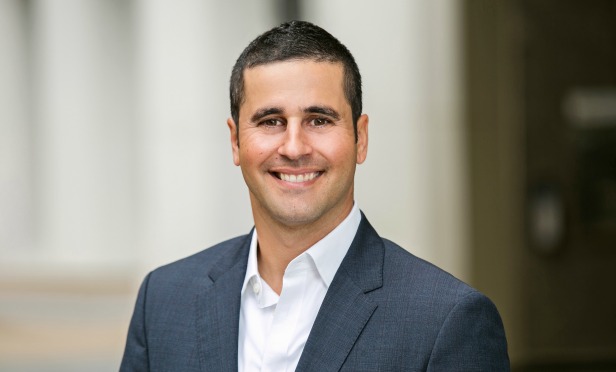
The capital markets outlook for 2018 is positive, thanks to increased activity at the end of the year. Another good indicator: new private capital entering the market. With banks constrained by regulations, more and more private lenders are stepping to up to fulfill investor needs. While these capital sources are unregulated, Shlomi Ronen, managing principal at Dekel Capital, says that underwriting standards are remaining conservative, and there is no cause for concern. We sat down with Ronen to ask him about him 2018 outlook, the activity from private lenders and what asset classes will be in the highest demand next year.
GlobeSt.com: What is your outlook for the capital markets in 2018?
Ronen: I think that we are going to see continued strength in liquidity on the debt side. There are big picture fundamental changes that we are seeing, and those include more private capital coming into the debt side and picking up where the banks are receding or staying flat. What we are not hearing from banks is that they are targeting 10% more production next year. Instead, we are hearing that they have a certain amount allocated to real estate, and they will probably do the same next year. As deal volume continues to grow into next year, we are seeing more private capital come into the space and fund the needs of investors and developers. On the equity side, it is going to be tough for a while for the institutional groups that have raised high-octane capital to find good risk adjusted returns. You can always manipulate your way to a high teens mid-20s IRR, but given the amount of capital in the market, the yields on the deals that used to be in the opportunistic, value-add space are much lower. The groups that have capital that is willing to take more risk for less returns are going to more active.
GlobeSt.com: With more unregulated private lenders entering the market, are you concerned about underwriting standards?
Ronen: We are still seeing good fundamental underwriting happening in the space. I think that is in large part because they are on the backend of warehouse facilities that are coming from banks, and the banks are requiring it. They are not able to get the same kind of leverage from their warehouse lender, so they are opting not to. I also think that even though we are 10 years out, people still remember. It was such a deep and painful experience going through the last recession that there is deals out there, and no one feels like they need to stretch very far to get deals done. They are still able to be selective.
GlobeSt.com: What asset classes do you expect to be in highest demand next year?
Ronen: I think that we will still see multifamily, industrial and office be the point of focus for a lot of capital. Retail is challenging. It is too unpredictable. No one knows who is going to be the winner and who is going to lose out in that space. We are seeing some groups willing to make bets, but it is really basis and no-brainer types of locations where we are seeing it. At some point, retail will stabilize and we'll have a sense of what the world will be, but we are still early on in the retail sector.
GlobeSt.com: Do you expect lender appetite for multifamily construction lending to increase next year?
Ronen: Yes, the bank settled in to the comfort zone, and I would say at this point, there is a good amount of debt available in multifamily. Interestingly, where we have seen pull back in multifamily has been on the equity side. The equity investors are taking a look at slowing rent growth and increases in construction costs, and a fair amount of supply in most major markets in the pipeline for the next couple years have really been hesitant to put more money into the space. The other factor is that banks already have a lot of exposure to multifamily. Almost everyone has their equity allocation for multifamily accounted for. So, they are trying to diversify into other asset classes. Today, multifamily, even on the development side, is being priced to perfection.
Want to continue reading?
Become a Free ALM Digital Reader.
Once you are an ALM Digital Member, you’ll receive:
- Breaking commercial real estate news and analysis, on-site and via our newsletters and custom alerts
- Educational webcasts, white papers, and ebooks from industry thought leaders
- Critical coverage of the property casualty insurance and financial advisory markets on our other ALM sites, PropertyCasualty360 and ThinkAdvisor
Already have an account? Sign In Now
*May exclude premium content© 2025 ALM Global, LLC, All Rights Reserved. Request academic re-use from www.copyright.com. All other uses, submit a request to [email protected]. For more information visit Asset & Logo Licensing.








